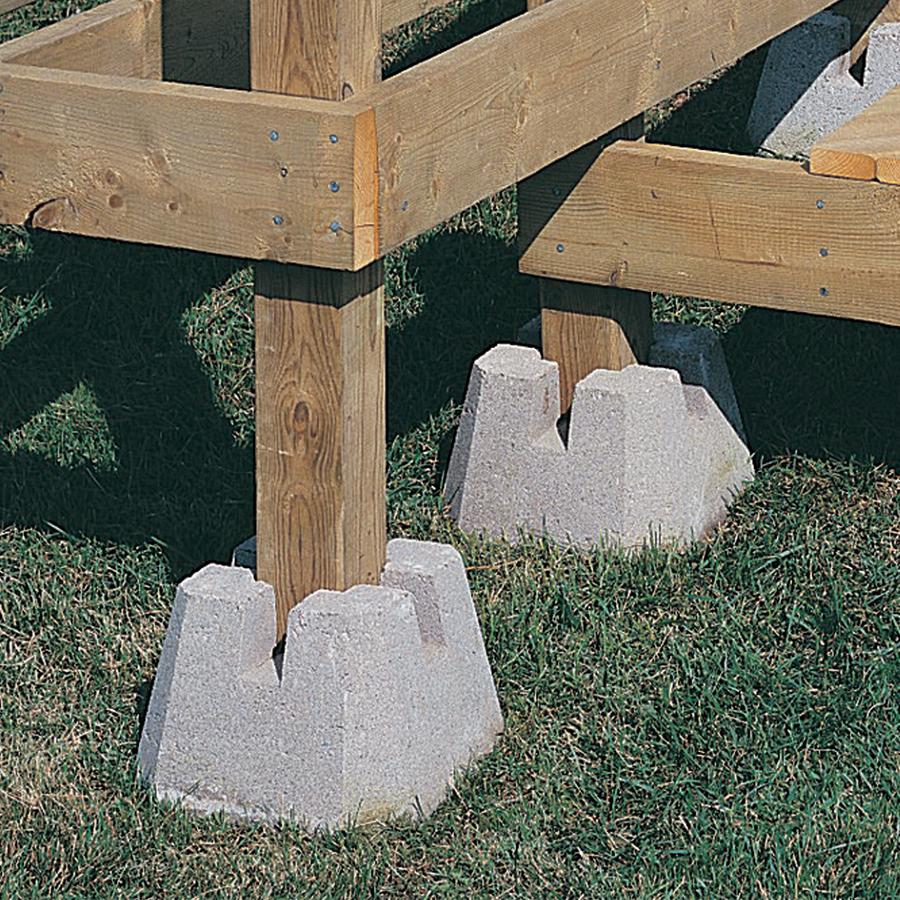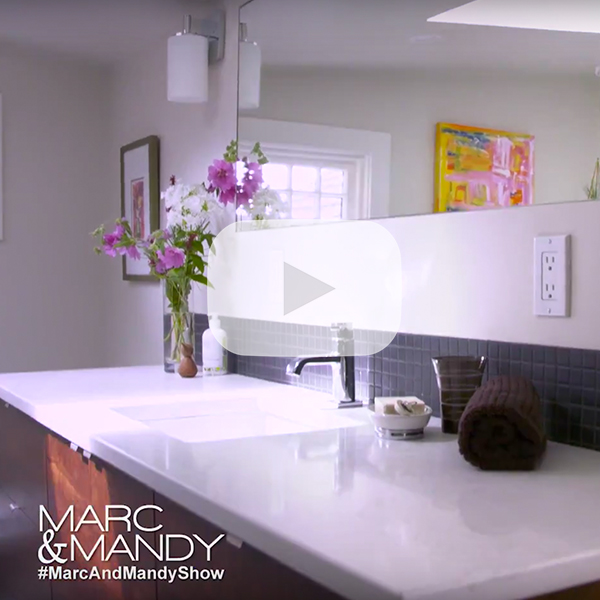A home inspection isn’t just for new home buyers, they can be done for a variety of reasons. On our podcast, All Things Renovation, we interviewed Victoria Ballantine, from Allegiant Inspections, to find out the circumstances under which she is called out to do an inspection, what she looks for, and what is included in the report. Here is a summary of what we learned from her.
What types of home inspections are done?
- Pre-purchase inspection – This is the most common one. A lot of times people will put subjects into their contract for a home inspection to be done. More recently, in this insane real estate market, about 95% of the time it’s for people wanting an inspection done before they even put an offer in so that they’re able to go in subject-free.
- Maintenance inspection – I look at all the systems of the home: roof, exterior, structure, electrical, heating, cooling, plumbing, and interior. I identify if there are any that are getting to the end of their life, and if any have small issues now that will become bigger issues later. This can save you thousands and thousands of dollars in the long run.
- New Home inspection – all homes in BC are covered by the New Home Warranty, also known as the 2-5-10 Warranty. Getting an inspection done before the expiration dates allows you to make claims against them before it’s too late.
-
- 2 years of warranty on the labour & materials on the home.
- 5 years of warranty on the building envelope, including water penetration.
- 10 years of warranty on the structure of the home.
Pro-Tip: Get a home inspection done before you put your own home on the market, so that you can address things ahead of time. It also gives you a chance to get pricing ahead of time so that when someone comes in and is negotiating the sale based on repairs they will have to do in the future, you know what is reasonable.

What are some simple things that a homeowner can do before buying a property?
Go to the municipality and see if there are pulled or closed permits on that house. Especially if it’s an older house that has had work done on it, or if there is a suite in it. Anyone can pull (open) a permit but closed permits are the important ones, as they mean that an inspector has signed off on the work.
When you buy a house with a suite in it, make sure that it’s legal. If the municipality finds out that it’s illegal, you will be responsible for any remediation that they deem appropriate, which can cost a lot. A quick thing to look for is that a suite is required to have its own electrical panel, or access in a common area to an electrical panel. If you don’t see that, chances are that it’s illegal. It’s also required to have its own heating system or the ability to control the heating.
Look at the footings of decks. Are the posts on pier blocks (pyramid shaped)? If it doesn’t have concrete footings, it’s probably built without permits as a DIY project. These can collapse and injure people. Climbable railings are also not permitted.

Example of pier blocks on a deck
When you are doing an inspection, what CAN’T you do?
- Invasive testing – I don’t test anything that is sealed up in a wall. If I see a water stain, I will use a moisture meter to see if it’s an active leak or not. But I won’t be cutting into the wall or ceiling myself, I will recommend that you hire someone else.
- I can’t move insulation, other than to lift it up in an attic to check for the presence of vermiculite, which contains asbestos.
- I will take the electrical panel cover off and look inside, but I can’t take the main connect panel off.
- Currently I don’t do thermal imaging.
What happens when an inspector fails to find or note something in their report?
One thing that I emphasize in my report is that I am reporting AT THAT TIME. If it hasn’t rained in a long time, I may not see water in your basement. But I might see evidence of past leaks. I also take a plethora of photos to support that.
I am fully insured, and the report is considered to be a legal document that can be used in court. Check that the inspector belongs to a reputable organization. Their standards will be a lot higher. I am a member of the Home Inspectors Association of British Columbia. This is the predominant association in the province and has the most rigorous standards.
What are common small fixes that homeowners can make to mitigate future disaster?
- Unclog your gutters. Backup can rot the roof sheathing, which can lead to the replacement of your whole roof. Overflow from the gutters can send water cascading down towards your foundation. This can cause cracking, and wick up into your structure.
- Replace the wax seals on your toilet. Loose toilets can result in water and sewage leaking and absorbing into your subfloor. This can be expensive to fix, especially if you have tile on top.
- Switch out your bendy, articulated dryer venting and replace with smooth walled venting. This will prevent lint from building up as a fire hazard. The same goes for the vent above your stove to avoid grease buildup.
- Replace the hoses on your washing machine. You should have braided hoses, not the black rubber hoses. This is a couple of dollars to fix.
- Make sure that you have good shut-offs under your sink. Know where your main shut off is.
- Keep your electrical panel easily accessible. It shouldn’t be in a cupboard or hidden behind anything.
- Install seismic strapping on your hot water tank. This will prevent it from falling over and exploding during an earthquake.
Wood burning fireplaces
We aren’t allowed to build these any more, but a lot of old houses still have wood burning fireplaces. I will check the mortar, whether or not the damper works, and if there are any cracks inside the fire box. But I always recommend a wet inspection. This is wood energy technology transfer inspection. This will be performed by a trained technician to make sure everything is up to code. You will likely need this to get insurance coverage, and some municipalities require it to be done on a regular basis. Creosote can build up if you don’t get your chimney cleaned very often, and you can have small fires that you don’t even notice. This can deteriorate the mortar, forming cracks where sparks and fire can go through into the structure of your home, which is most likely wood.
Pro-Tip: If you are considering buying into a strata complex, please read the strata reports. If they don’t have depreciation reports or if they don’t have any information that they can give you, please run screaming.
If you would like to listen to the full episode and see the show notes, visit www.AllThingsRenovation.com, or from our homepage at www.woodbeart.com, click on the Podcast tab at the top.


